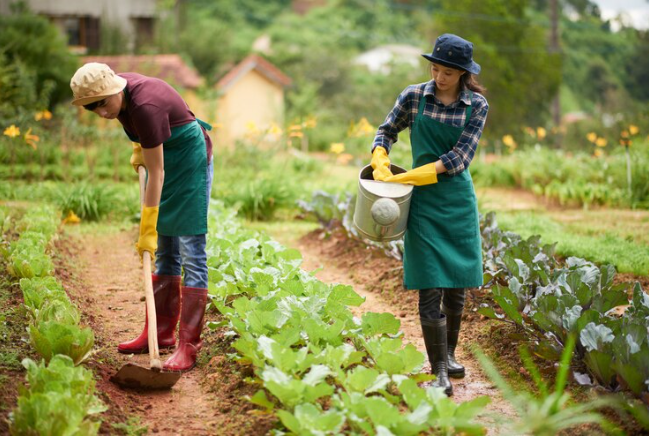Community and Agriculture
Community and Agriculture
Transform rural communities with your MBA. Discover how you can boost agricultural practices, drive innovation, and strengthen local economies, leading comprehensive rural development.
Introduction: Rural areas, while rich in tradition, land, and resources, often face unique challenges that hinder their economic development, including limited access to technology, capital, and markets. MBA graduates have an opportunity to play a transformative role in these communities. With their strategic thinking, managerial expertise, and innovative approach, they can introduce sustainable agricultural practices, drive economic growth, and bring about social change. This article explores the multifaceted ways MBA graduates can contribute to rural development, creating a lasting impact that resonates through agricultural sectors and beyond.
Challenges and Opportunities in Rural Development:
- Limited Resources: Rural areas often have restricted access to capital, skilled labor, and technological advancements.
- Infrastructure Needs: Basic infrastructure like transportation, storage facilities, and digital connectivity requires significant improvement.
- Market Access: Producers in rural areas need better access to local, national, and international markets.
- Sustainable Practices: There’s a growing need for sustainable and environmentally friendly farming practices.
MBA Impact on Rural Development:
- Agribusiness Development: Use your business skills to help local farmers increase productivity and profitability.
- Infrastructure Projects: Lead initiatives to enhance critical infrastructure, linking rural areas to broader markets.
- Technological Integration: Introduce and manage technology-driven solutions for farming and business management.
- Financial Accessibility: Work with financial institutions to create programs that provide rural areas with better access to credit and investment.
- Sustainability Initiatives: Promote sustainable farming techniques that preserve resources and minimize environmental impact.
Innovating Rural Agriculture:
- Community Training Programs: Organize workshops to educate farmers on modern agricultural techniques, business management, and sustainability.
- Agri-Tourism: Encourage and guide local communities to develop agri-tourism, adding a new revenue stream.
- Direct Market Access: Establish cooperatives or platforms that allow farmers to sell directly to consumers, eliminating middlemen and increasing profits.
- Renewable Energy: Advocate for and implement renewable energy projects to address power challenges in rural areas.
Key Resources:
- “The World Bank – Agriculture and Rural Development” ( https://www.worldbank.org/en/topic/agriculture) offers insights into global rural development challenges and solutions.
- “Rural Development Administration” (https://www.rda.go.kr/eng/) provides resources and information on rural development initiatives and technologies.
- “Sustainable Agriculture Research and Education Program” ( https://www.sare.org/) provides grants and education to advance innovations in sustainable agriculture.
- Online courses like “Feeding a Hungry Planet: Agriculture, Nutrition and Sustainability” on Coursera (https://www.coursera.org/learn/feeding-a-hungry-planet) provide valuable knowledge and perspectives.
Conclusion: Rural development isn’t just about economic growth; it’s about community, sustainability, and creating opportunities that allow rural areas to thrive on their terms. As an MBA graduate, you’re equipped with the skills, knowledge, and innovative thinking necessary to drive this transformation. By engaging with these communities and applying your expertise, you’re not just contributing to their present — you’re helping shape a more prosperous, sustainable future.








